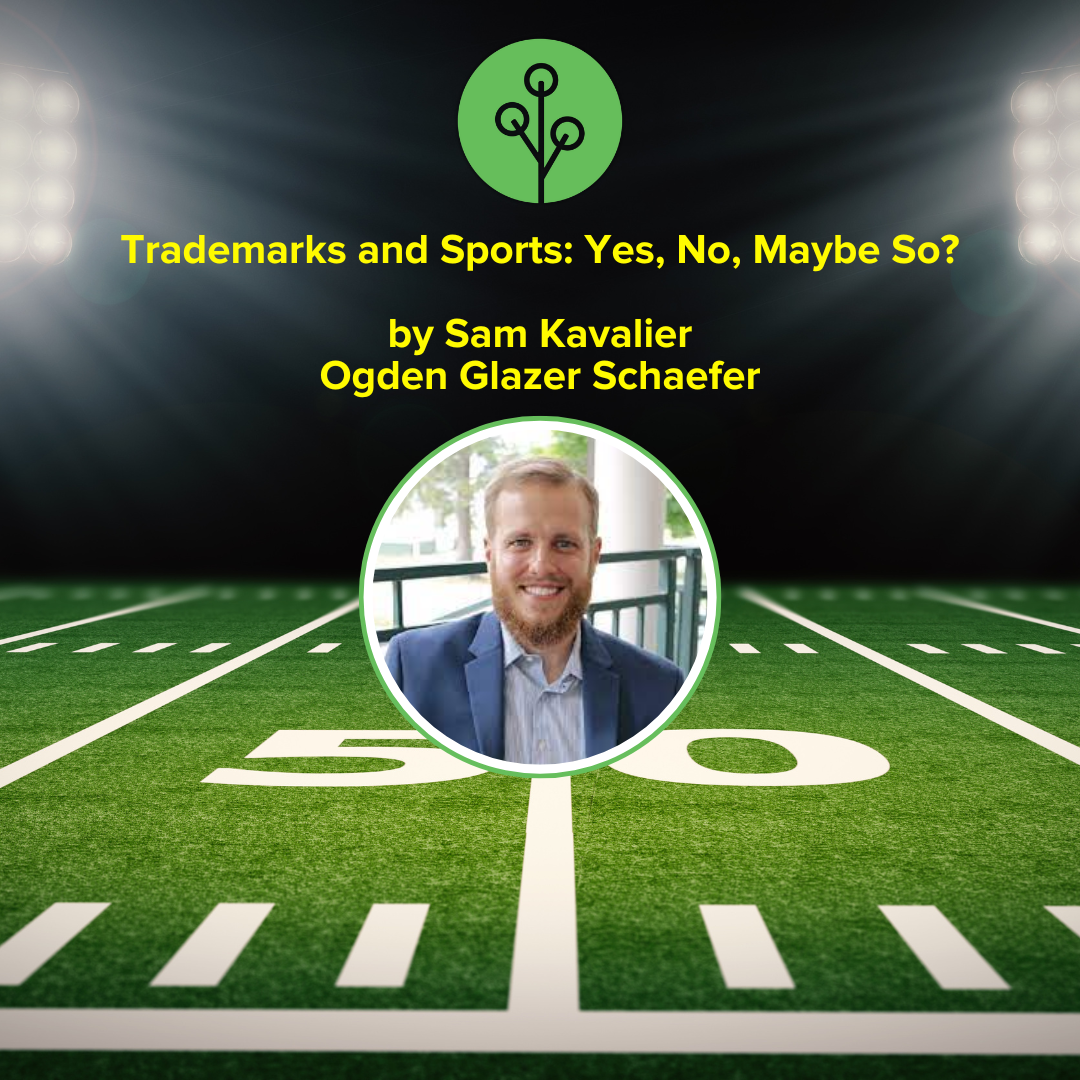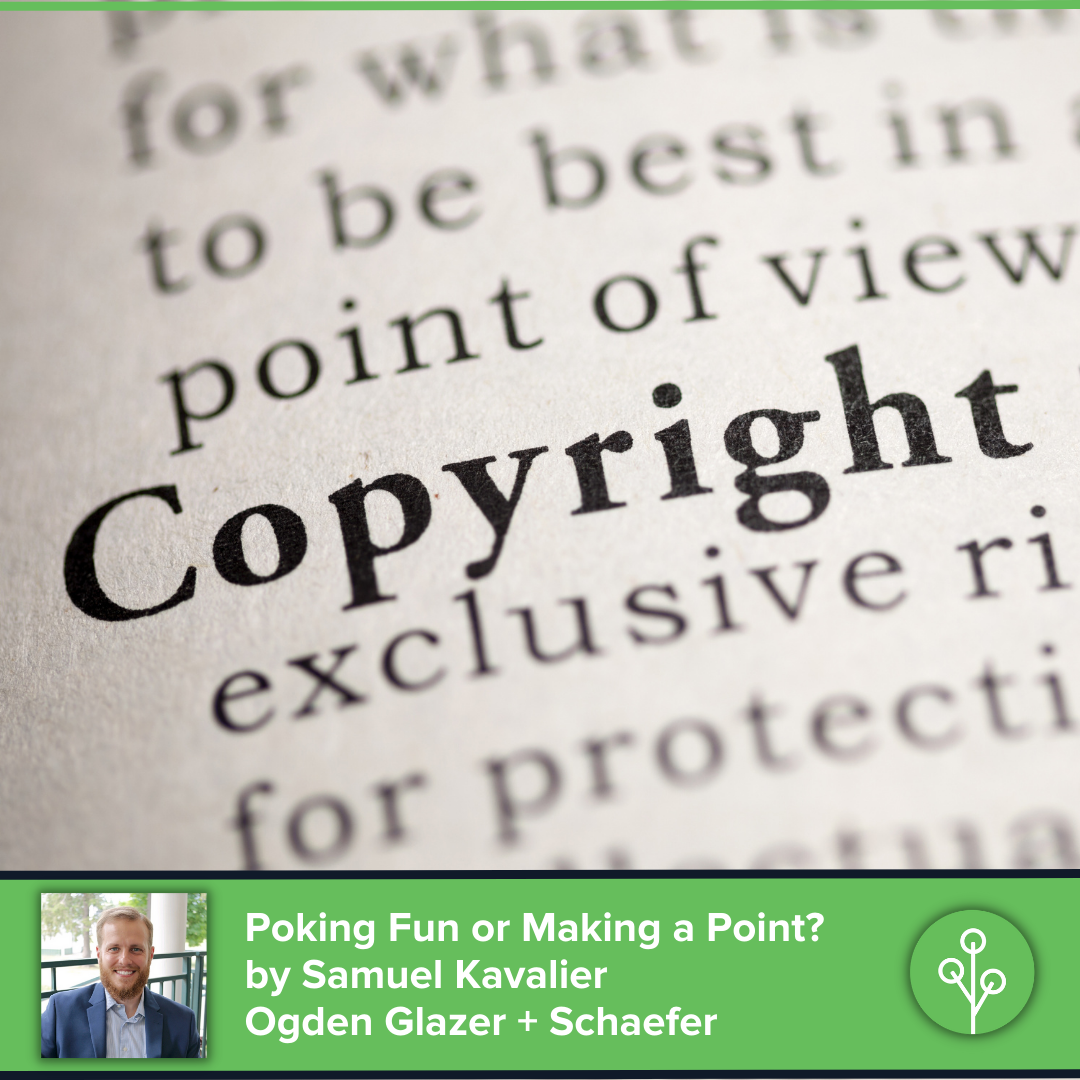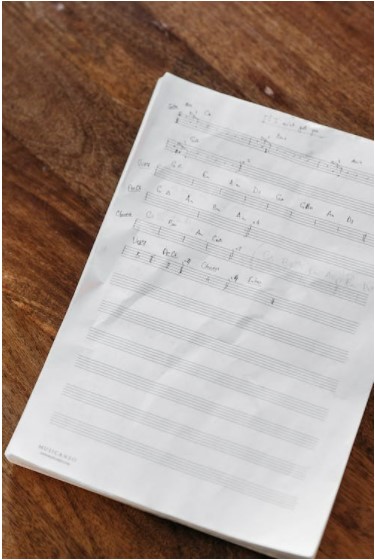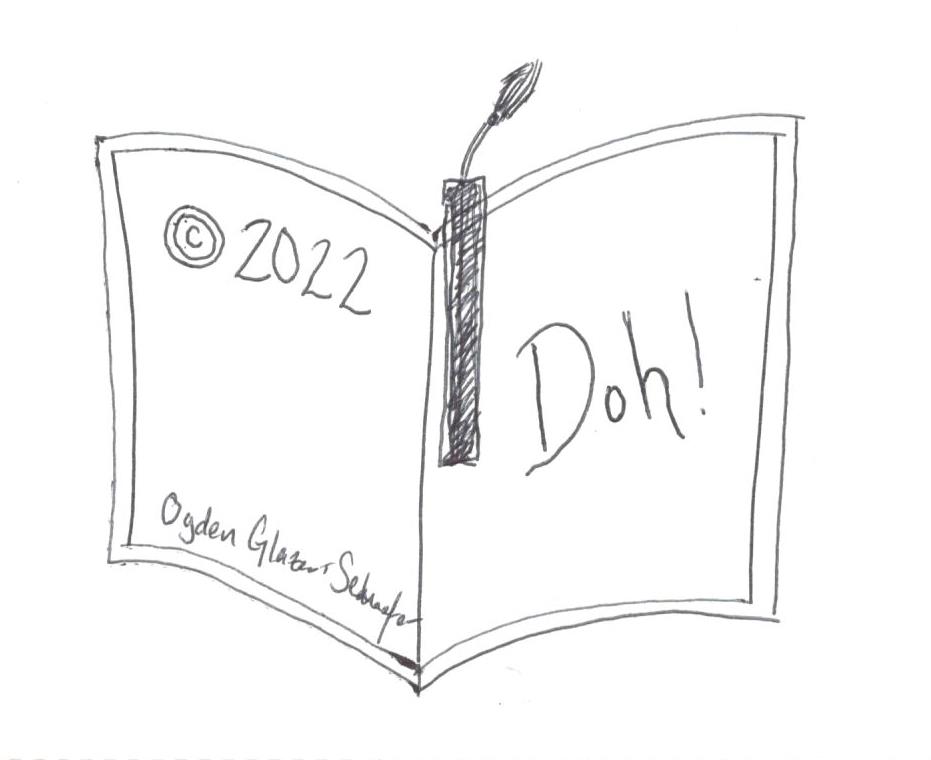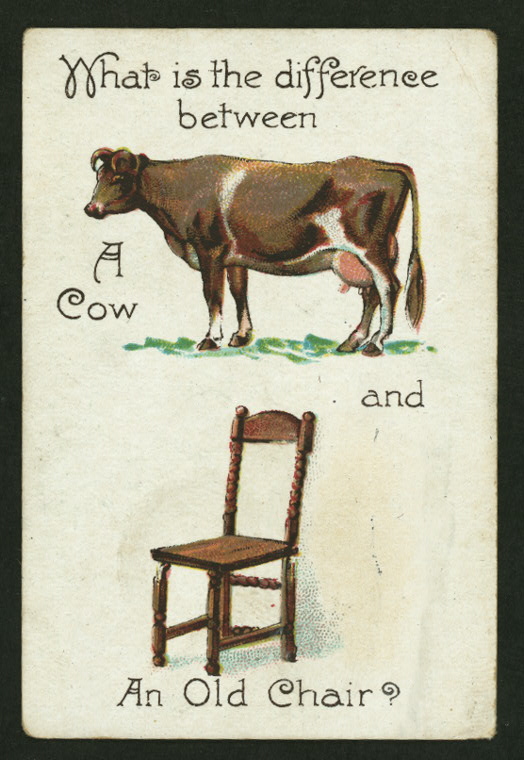Bottles Up
As a firm of trademark and alcohol attorneys, it’s always a thrill when those two topics collide, especially on a major stage. We had one of those great moments of serendipity last week. The story begins with Diageo, the company that owns Bulleit Frontier Whiskey, a brand of whiskey that might be familiar to our … Read more


